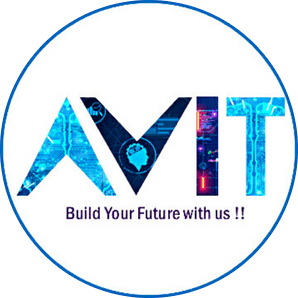Server Engineer Trainer
Job Description
As a Server Engineer Trainer at [Company Name], you will play a vital role in educating and developing our employees/students/clients in the field of server engineering. Your primary responsibility will be to design, create, and deliver server engineering training programs suitable for individuals with varying levels of experience, from beginners to seasoned professionals. You will work closely with our team to ensure that the training materials align with our organization’s objectives and industry standards.
Key Responsibilities:
- Curriculum Development: Develop comprehensive server engineering training modules and courses that cater to the specific needs of our target audience.
- Instruction: Conduct engaging and informative server engineering training sessions, workshops, or webinars, either in person or virtually.
- Assessment: Evaluate the progress and proficiency of participants through assignments, quizzes, and practical exercises to gauge their understanding and skill development.
- Feedback: Provide constructive feedback to participants and continually enhance training materials based on feedback and evolving industry trends.
- Stay Current: Stay updated with the latest developments in server engineering, hardware, and software to ensure training content remains current and relevant.
- Documentation: Maintain accurate records of training materials, attendance, and participant performance.
- Support: Offer guidance and support to participants outside of training sessions, addressing questions and providing additional resources as needed.
Qualifications
- Bachelor’s degree in Computer Science, Information Technology, or a related field (Master’s degree preferred).
- Proven experience as a server engineer with a deep understanding of server hardware, operating systems, and virtualization technologies.
- Previous experience as a trainer or educator in server engineering or related fields.
- Excellent communication and presentation skills.
- Strong problem-solving skills.
- Ability to adapt teaching methods to accommodate various learning styles and needs.
- Familiarity with instructional design principles and methodologies.
- Relevant certifications (e.g., Microsoft Certified: Azure Administrator, CompTIA Server+) are a plus.
Server Engineer Trainer Read More »


